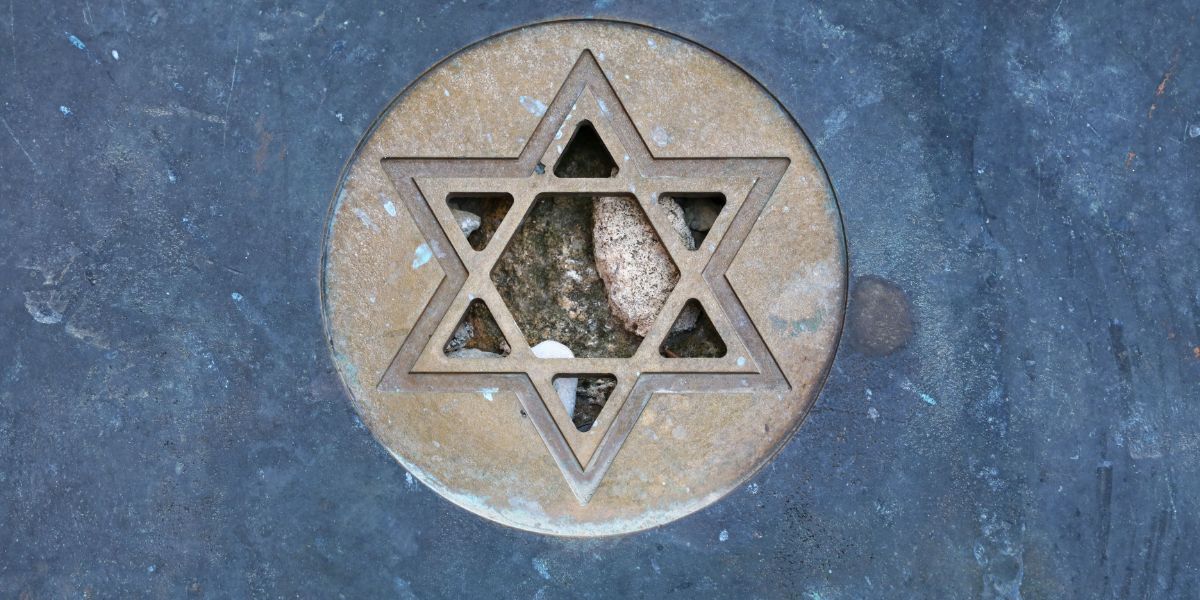
As the popularity of cremation expands throughout the United States, many religious scholars and clerics find themselves stuck in a conundrum. Within the next few years, cremation will likely become the norm in the U.S. Even in the Jewish tradition, where cremation has been considered taboo for centuries, congregations are dealing with more faithful members who seek cremation when they die. With research and new interpretation of religious texts, many rabbis have found a middle ground to allow Jews who have been cremated to have a proper burial in a Jewish cemetery. When the family observes the proper stages of mourning and keep a kosher burial plan, many congregations will honor their loved one’s request to be cremated.
Interpreting the Jewish Laws
Halachah, the Jewish law, states that people who have died must be buried on land. Simply put, according to the Torah, people are endowed with their bodies by their creator. When they die, they are supposed to return their bodies to the ground, to their creator, as it was given to them. Most modern sources accept this concept as a fairly uniform ban on cremation for faithful Jews who seek religious burial services in a Jewish cemetery.
Cremation’s Increasing Popularity
No matter what religion people belong to, cremation is on the rise in the U.S. At the moment, about 43 percent of Americans are cremated when they die. The Cremation Association of North America estimates that this number will jump to over 55 percent by 2025. Cost is a large factor in this increase. Cremations are usually less than $2,000, while the average burial exceeds $7,000. (Check out Maintaining a Budget for Cremation for more information on the price of cremation.) Even though Jewish law generally decries cremation, its following grows within the religious community. Some Jewish funeral homes note a surge among faithful Jews. As much as one-tenth of the deceased request cremation. In some synagogues of the Reform persuasion, that number might be as high as 15 percent.
Continuing the Taboo
These days, most Jewish scholars say that there is a religion-wide taboo against cremation. Whether they support their congregation’s ability to choose cremation or not, in the context of burial in a Jewish cemetery, as a whole they do not support it. There are a couple of reasons for this ongoing belief. First, most rabbis accept the general scholarly arguments against cremation. The body has been damaged by cremation, they say, and therefore it is not eligible for proper burial services. Second, some experts argue that the choice to cremate is part of a larger disregard for the formal burial and mourning process. In many cases, they claim, people who have had their loved ones cremated do not go through the proper periods of mourning, including shivah and shloshim. Because the natural process (according to Judaism) has been interrupted, faithful members do not mourn for those who have “strayed from the ways of the community.” Of course, there are different ways to interpret this claim, as well. Some scholars argue that people should not mourn for their parents who have been cremated. Others say that loved ones should follow the stages of mourning, but that they do not. Those who allow cremated remains to be buried according to Jewish law say that families should endeavor to follow all the proper protocol.
Honoring Parents and Respecting the Law
It is a difficult balance for the loved one’s children or other relatives to reconcile preferences with their belief systems. According to religious teachings, Jews are told not to damage the body, since it belongs to God. But, loved ones may feel pressed to honor their loved one’s decision to be cremated. It is a tug-of-war where people could really end up on either side. The goal for rabbis in more lenient congregations is to make it easier for families to make these difficult decisions, without worrying about dishonoring their parents or disregarding religious precepts.
Finding Middle Ground
Most synagogues, understanding this, will still provide a Jewish burial for those who have been cremated. Their premise is simple. After death, they say, the deceased go to the World of Truth. There, many rabbis assume the deceased will come to understand the importance of an earthly burial. That distinction makes possible the providing a full burial service to those who have been cremated. Of course, there are several schools of thought on this in the Jewish tradition, and not all of them agree. Some remain steadfast to Jewish traditions against cremation. A few compare the idea of cremation to the Holocaust, where millions of Jews were burned in gas chambers in Eastern Europe. Others look at this as an opportunity to rethink the concept. After all, when World War II ended in Europe, many Jews went to the extermination camps and gathered ashes to bury in Jewish cemeteries. Many rabbis in the Conservative and Reform movements have found that, by recognizing the occasional distinction between religious expectations and reality, they can safely officiate at the burial of cremated remains in Jewish cemeteries. However, those in the Orthodox tradition almost uniformly do not.
Following a Proper Burial Plan
When family members intend to cremate the body of the deceased, they should follow the stages of mourning, including: • Aninut • Shivah • Shloshim • The First Year Loved ones must select a container that suits their purposes. Of course, cremated remains may be placed in a casket and buried in a full-sized burial plot. But, many people choose an urn. In either case, the container for the ashes must be kosher, according to Jewish tradition. In practice, this means that the urn must be biodegradable, containing no metal, and produced on a day other than the Sabbath. Tradition generally dictates that a kosher urn ought to be made of wood. However, other biodegradable choices are also acceptable, including urns made of paper or ceramic. Then, burial services must be observed. Although some say that the ashes may be buried at land or sea, or scattered, most Jewish scholars argue that the cremated remains should be interred in a Jewish cemetery. Those individuals may have Kaddish cited on their behalf. And, loved ones may still give to charity and do mitzvot in their memory. Although most Jewish scholars maintain that cremation is not allowed within the terms of Jewish law, others see a change on the horizon. While cremation among Jews is much less common than in the U.S. population as a whole, Jewish rabbis are increasingly asked to officiate at the burial of cremated remains in Jewish cemeteries. Some in the religious community interpret this development as a call to action, a time to alter their assumptions and allow those who seek cremation to receive full Jewish burial and mourning services. They encourage their members to follow the proper protocol for burial, whether their loved ones are cremated or not. In this way, they accommodate their members’ changing needs and avoid leaving faithful people out in the cold.

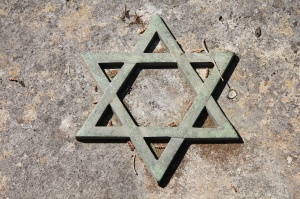

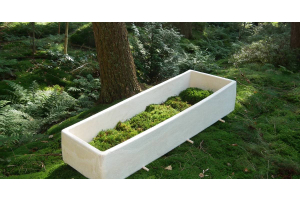
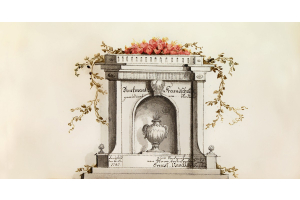


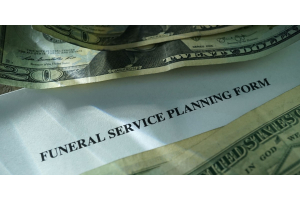
It may be true that cells with DNA can live for a year after death. DNA is not part of the human soul, though. The soul is an eternal being that lives forever. DNA does not live forever. Whether the human body is buried or cremated, its DNA and cells decay or are burned into dust and ashes.
Just look at the cremation process. Cremation lasts for up to two hours during which the body is exposed to temperatures that range from 1400-1800 degrees F. All organs, tissue and fat are entirely destroyed, including any of the organic compounds in the body that contain the nucleotide and DNA strands. Only human bones and teeth made of strong and durable calcium phosphate and calcium carbonate remain after the cremation procedure. Even these bones are still severely altered, by the heat, and at the end of the cremation process, they’re broken down further into a fine powder or ash.
Most funeral professionals agree that it’s impossible to extract DNA from a cremated body. Some families revisit funeral homes with their loved ones’ ashes and request DNA extraction. They falsely believe that DNA can survive anything. Cremation is a permanent condition, though, that destroys all DNA and cells. How can DNA be the soul then if it’s gone forever?